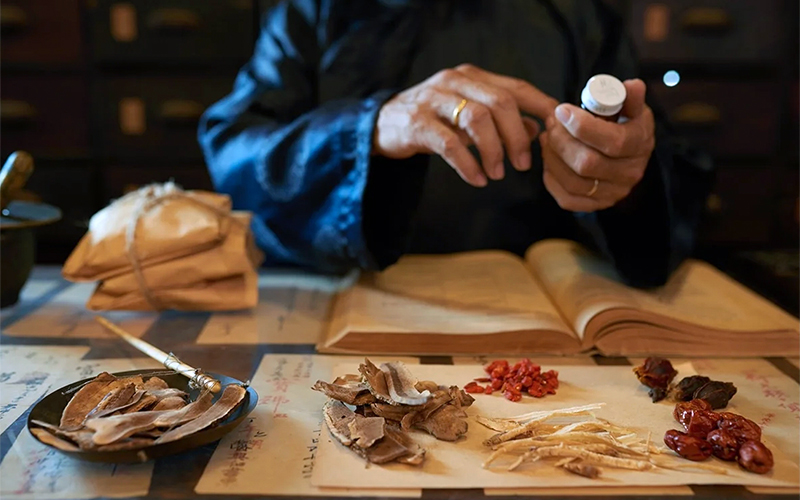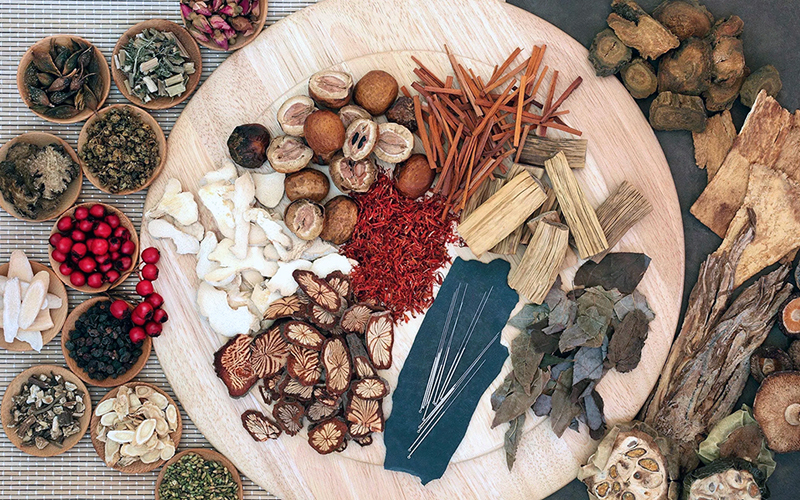
According to John Hopkins, herbal remedies are one key aspect of traditional Chinese medicine that’s thousands of years old. It seeks to restore balance between health and disease. Qi (chi), a vital life force, surges through our bodies, and any imbalance to Qi can cause disease and illness. This imbalance is thought to be caused by an alteration in the opposite and complementary forces that makeup the Qi, called yin and yang—the equivalent to the modern theory of antioxidant-oxidant balance. Herbal remedies aid in the rebalancing effort.
Phoenix Herb Company in Midtown carries over 450 medicinal herbs and spices, and the staff has a combined 75 years of knowledge and experience. Head herbalist Todd Altizer explains, “We do not diagnose or prescribe; however, we offer herb blends and teas for ancient remedies that aid in modern-day health. Herbs do not cure, per se, they retrain the body on how to heal itself.” To get a glimpse of what’s in store, visit their website.
Should you want to study herbal medicine yourself, the PrairieWise Herbal School, founded 27 years ago by Kahla Wheeler-Rowan, comes most highly recommended by Altizer. Wheeler’s interest in herbal medicine began when she was young, inspired by her father’s lay practice and studies in the ’60s. She extensively trained with herbal-health experts Susun Weed, Michael Moore, and Matthew Wood before creating the PrairieWise Herbal School. Her courses are currently exclusive at The Laya Center in the Crossroads, offering one-year, two-year, and three-year courses.
Toyia Mays, the founder of The Laya Center, has developed a very broad holistic wellness program. She integrates ancient African herbal-healing methods with Ayurveda, termed Afriveda Wellness. One such signature treatment offered is the Phytacin Flush, which is an herbal version of a niacin flush that aids in detoxifying the liver. Learn more about this treatment and others by visiting their website.
PrairieWise Herbal School 3-year Clinical Program
Year 1
Herbal History/Herstory, Basic Herbal Preparations, Herbal Safety, Aromatherapy, Basic Nutrition
This year is just fun, making and tasting preparations, using fruit and other kitchen items for creating remedies.
Year 2
Plant Chemistry; Anatomy and Physiology for the Herbalist; Materia Medica (plant monographs)
This year is intense, while building a strong knowledge foundation for moving into clinical practice.
Year 3
Setting up an herbal practice, paperwork, ethics, etc. Providing supervised client clinicals. Writing and presenting a thesis.
This year stretches the student and assists them in moving on with their herbal studies and practices.


